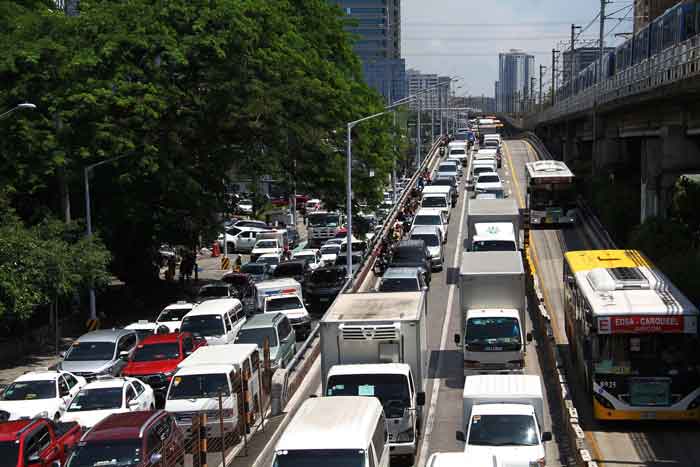The creation of a primary agency responsible for the conduct of impartial investigation on transportation-related accidents and incidents needs one last push towards adoption, the Joint Foreign Chambers (JFC) said.
In a statement, the group said it has asked Congress to expedite the ratification of the reconciled version of the bicameral conference committee of Senate Bill No. 1077 and House Bill No. 9030, proposing the creation of a Philippine Transportation Safety Board (PTSB).
The group said the bill creating the PTSB is ready for immediate passage with the bicameral conference committee of both chambers having been convened. Once ratified by both houses, the bill can finally be endorsed for enactment by the president.
JFC said the Safe Travel Alliance, International Air Transport Association and Air Carriers Association of the Philippines have joined the call for the establishment of PTSB.
It said it is only during the current 18th Congress that the PTSB bill has reached advanced stage after having languished for over two decades.
The proposed law seeks the creation of a non-regulatory and independent agency attached to the Office of the President with the following objectives: to improve transportation safety measures that will help in the prevention of transportation accidents and mitigation of dangers to human lives and property; and to ensure the implementation of transportation safety standards.
At present, different agencies handle different sectors of transportation with regard to accident investigations such that the Civil Aviation Authority of the Philippines has authority over aviation disasters while the Maritime Industry Authority has authority to investigate major maritime disasters. For road accidents involving public utility vehicles, the Land Transportation Franchising and Regulatory Board has jurisdiction. However, road accidents may also be investigated by the Philippine National Police, Land Transportation Office, and Metro Manila Development Authority.
As a country that is generally dependent on inter-modal transportation systems to facilitate the movement of goods, cargo, and people to, from, and within its archipelago, JFC said institutional reforms that enhance the standards of transportation safety measures, prevent transportation accidents in the future, and mitigate dangers to human lives and property are needed.
With the establishment of the PTSB, JFC said, the gap in bureaucracy which allegedly contributes to inefficiency in the implementation of transportation-safety schemes and ineffectual safety- measures will be addressed.
It added PTSB’s regulatory, investigatory, and fact-finding functions will allow the agency to implement a proactive approach and be in control of situation even before it happens.
Once enacted, the new PTSB can commence its programs to prevent the major transportation accidents. – Irma Isip




